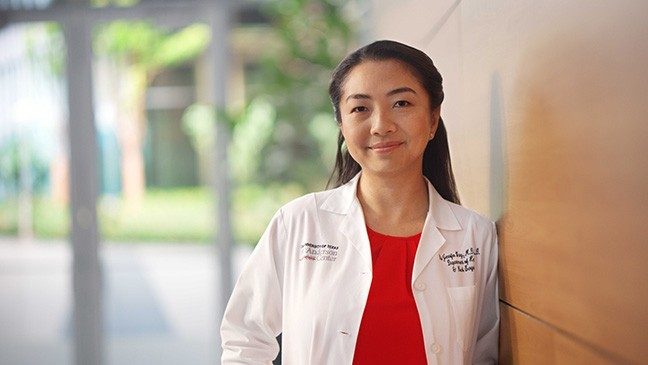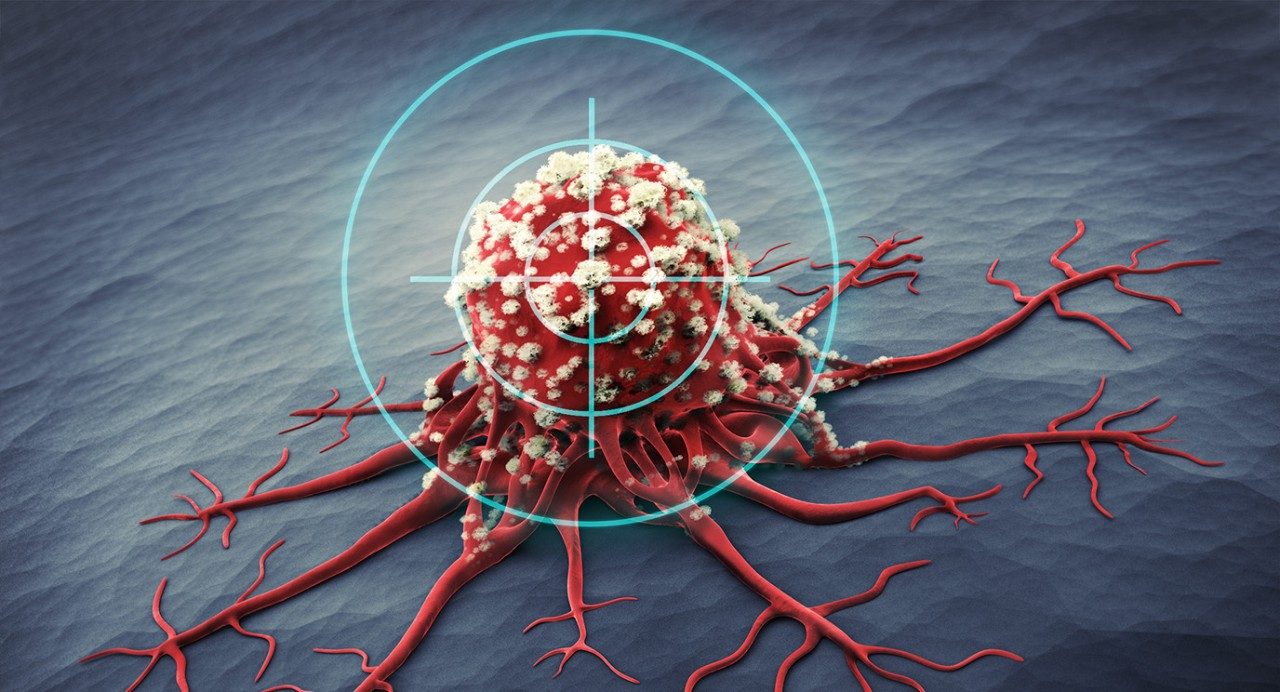Surgeon-scientist: ‘MD Anderson is unique’
As a head and neck cancer surgeon and researcher, my day-to-day goal is to offer the best quality cancer care to every patient I see.
However, I recognize that the way we treat cancers is not always ideal. We can do better. That’s why my long-term goal is to change how we treat cancer over time.
Here’s how my career at MD Anderson is allowing me to make headway on both goals.
My approach to cancer care as a physician...
Surgeon-scientist: How we're moving the needle for head and neck cancer
The head and neck are home to so many structures like nerves and blood vessels that intimately impact function. From speaking to swallowing...
Top 5 MD Anderson abstracts at AACR 2025
The American Association for Cancer Research (AACR) Annual Meeting showcases exciting new cancer therapies that help link translational science...
Head of Cancer Medicine: ‘MD Anderson is the place I bring my loved ones’
As a physician-scientist, I have a series of roles at MD Anderson. I’m the division head of Cancer Medicine where I oversee 16 medical oncology departments. I’m also a professor and chair of one of those departments, Lymphoma and Myeloma, where I care for patients with lymphoma and oversee research.
However, like many employees at MD Anderson, my connection to our mission goes beyond my professional roles. MD Anderson is also the...

What can a pathology report tell you?
If you’ve ever noticed a pathology report pop up in MyChart after a biopsy or a surgical procedure, you might have some questions.  ...
What is yoga therapy?
While yoga may draw to mind images of mat-filled studios, yoga can be practiced in many places, including healthcare settings. The use of...
4 things to know about cortisol and stress
Stress and cortisol have been linked ever since early stress research identified cortisol as the main mediator of stress – that is, the main...
Exploring pancreatic cancer vaccines: What’s next?
When most people think of a vaccine, they think of the prevention of a disease. For pancreatic cancer vaccines, though, it’s a little bit...
Do sugary drinks increase colorectal cancer risk?
Many of us enjoy soda without a second thought.
About two-thirds of children and teenagers and half of adults in the United States...
Newest research in sarcoma
Sarcomas are a broad group of cancers that originate from connective tissues, such as the blood or lymph vessels, gastrointestinal tract...








